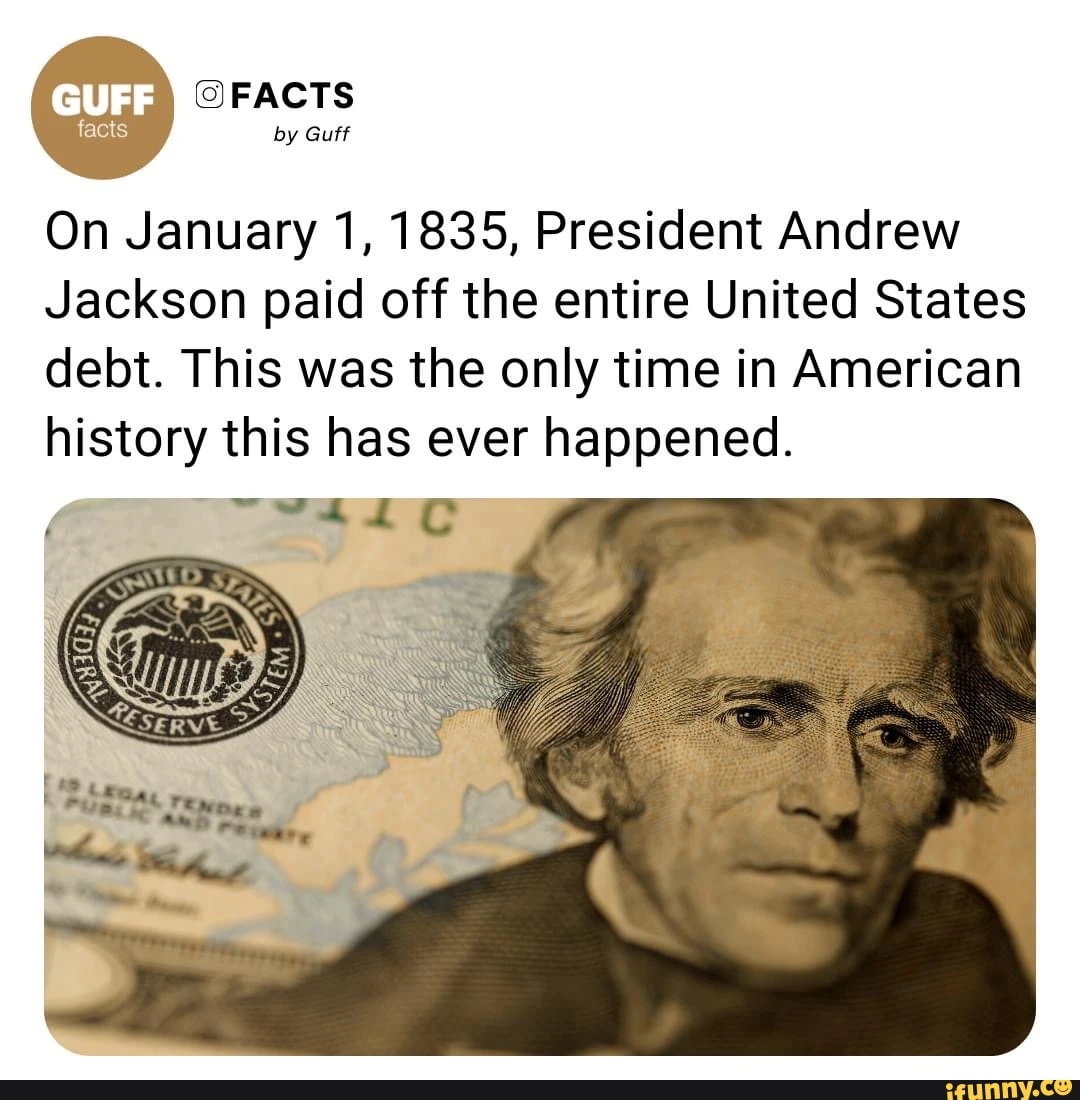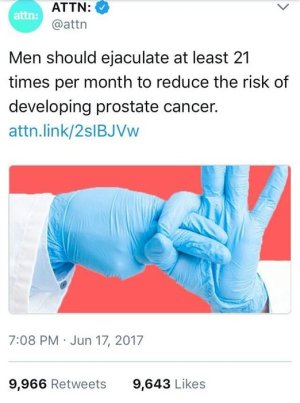I'm reading Roman Polanski's autobiography "Roman" and in the chapter where he talks about the filming of "Chinatown" there is an amusing story about Faye Dunaway. It seems that while trying to get a particular shot....wait, I'll let Roman tell the story:
Makeup wasn't my only problem with Faye. The hesitations and pauses that characterized her delivery were born of necessity, not art. They were her way of trying to remember what she had to say next, since she seldom knew her lines and was always pestering me to rewrite them. Things reached the stage where simply to save time, I agreed to all her suggestions on principle. Almost invariably, she's end by saying, "You know maybe it was better the way it was" -- and we'd revert to the original script.
Faye's insecurity was such that every time I dropped some insignificant line of hers in the interest of polishing a sequence, she took it as an affront and accused me of mutilating her part. The whole thing came to head in a scene where she and Jack Nicholson meet in a restaurant after he's had his nose slashed. The camera was over her shoulder, and one strand her hair was catching the light. It was one of those freak situations where, if nothing were done, the audience's attention would be focused on one single strand of hair.
"Cut," I said, and summoned Faye's hairdresser. In total silence, with the lights still burning, she did her beat to flatten the rebellious hair. It popped up again and again. No amount of lacquer seemed to do the trick. Faye, being the only person on the set who couldn't see what was wrong, couldn't understand what all of the fuss was about. At last, hoping she might not even notice, I took the hair and plucked it put.
Howard Koch yelled "Lunch break, everybody!" in attempt to diffuse an explosive situation. It didn't work. Faye, who can swear like a teamster truck driver, was having a fit. "I don't believe it!" She screamed. "I just don't believe it! The motherfucker just pulled my hair out!" Her hysterics were earsplitting, obscene, and only in their early stages. After lunch she let it be known that she wasn't coming back on the set.
That one little hair provided the kind of crisis directors dread and producers and agents secretly revel in. Before it started, Bob Evans had reminded me that he hadn't wanted "that meshuga" in the first place. I was stuck with "The Dreaded Dunaway", as she was unofficially known and would have to take the consequences.
A meeting began with Freddy Fields, Faye's agent, looking uncomfortable and Faye herself still mad as hell. Fields started enumerating her many grievances against me. I'd been cast in the now familiar role of monster. "I was wrong to do it," I told him, "But that doesn't change the fact that she's nut and a menace."
This sent Faye into such a paroxysm of foulmouthed abuse that neither Evans nor Fields knew where to look. I was delighted. That's the way she is, I gestured behind her back, grinning slyly. Freddie Fields diplomatically saved the day with much soothing talk about the need for the show to go on. Faye had shot her wad. The psychodrama had done her good, and anyway, she'd exhausted her vocabulary. We resumed the over-the-shoulder shot as if nothing had happened.






